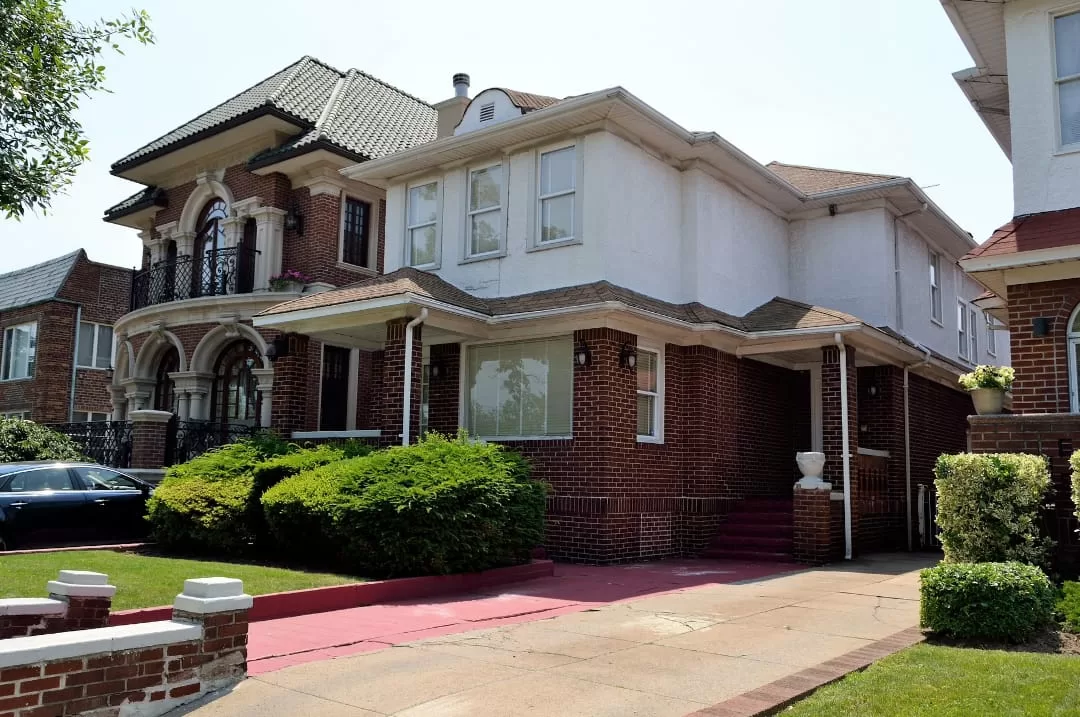Are you tired of paying hefty mortgage payments every month? Do you want to find ways to reduce your monthly expenses without going through the hassle of refinancing?
In this post, we’ll share practical strategies that can help lower your mortgage payment. These tips will not only save you money but also give you peace of mind.
When You Might Not Want to Refinance
There are a few instances where refinancing might not be the best option for you.
If you have very little equity in your home, you may not be able to get approved for a new loan.
Additionally, if you have poor credit, you may not qualify for a lower interest rate.
Finally, if interest rates have actually increased since you got your original mortgage, refinancing could end up costing you more money in the long run.
Ways to Lower Your Mortgage Payment Without Refinancing
There are a number of clever ways to lower your mortgage payment without refinancing. Here are a few of the most popular methods:
Make a lump sum payment(Recast Your Mortgage)-
One option is to recast your mortgage. This involves paying a lump sum of money towards your mortgage principal, which will lower your monthly payments going forward.
If you have extra cash on hand, you can make a lump sum payment towards your mortgage principal. This will reduce the amount of interest you pay over the life of the loan, and can potentially save you thousands of dollars in interest payments.
Bi-weekly payments.
Making bi-weekly mortgage payments instead of monthly payments can save you a significant amount of money in interest charges over the life of the loan. This is because you are effectively paying off your mortgage faster, which reduces the amount of time that interest accrues on the loan.
Prepay your mortgage.
If you have the ability to prepay your mortgage, you can do so at any time without penalty. This will reduce the overall balance of your loan, and can help you pay off your mortgage faster and save money on interest charges.
Increase the term of your loan.
By increasing the term of your mortgage loan, you can reduce your monthly payments and free up cash for other uses. However, this comes at a cost, as you will end up paying more in interest over the life of the loan.
Refinance to a lower rate.
If you have good credit, refinancing your mortgage to a lower rate may be an option for you. This can save you money on interest charges in the long run, but it also involves closing costs and fees that should be taken into consideration when making this decision.
These are just a few of the ways you can lower your mortgage payment without refinancing. Be sure to weigh the pros and cons of each option carefully before making a decision.
Cheap Insurance
Assuming you have a fixed-rate mortgage, there are two primary ways to lower your monthly payments without refinancing:
If you’re looking for ways to lower your mortgage payment, one option is to increase your insurance deductible. By increasing your deductible, you’ll pay less each month in insurance premiums. Of course, this means that you’ll be responsible for a larger portion of any damages should they occur, but if you’re comfortable with that risk, it can be a great way to save some money each month.
Another option is to simply shop around for cheaper homeowners insurance. There are a number of ways to do this, including using an online comparison tool or speaking with multiple insurers. Once you have a few quotes, you can compare them and choose the policy that offers the best value for your needs.
Appeal Your Property Taxes
If you think your home’s assessment is too high, you can file an appeal with your municipality. This is especially effective if your neighbors have also filed appeals, or if there have been recent changes in the real estate market in your area.
The appeals process can be complex, so it’s important to do your research and understand the procedure before you get started. Once you file an appeal, the municipality will send an assessor to review your property and determine whether the assessment is accurate. If they agree that the assessment is too high, they will lower your property taxes accordingly.
There are a few things to keep in mind when appealing your property taxes:
- Make sure you have a valid reason for appealing. The municipality will not consider frivolous appeals.
- Gather evidence to support your case. This could include recent comparable sales data, or information about recent changes in the local real estate market.
- Be prepared to present your case in person. The municipality may require you to appear at a hearing to present your appeal.
- Be patient – the appeals process can take several months to complete.
The Bottom Line
If you want to lower your mortgage payment without refinancing, there are a few things you can do. You can make additional principal payments to reduce the amount of interest you pay over the life of the loan. You can also get a shorter term loan which will have higher monthly payments but you’ll pay less interest overall. Another option is to refinance into a lower rate loan. This will lower your monthly payment but may cost more in the long run if you have to pay closing costs and other fees associated with refinancing.
Also read: Balance transfer vs Personal Loan
FAQs
There are a few clever ways to lower your mortgage payment without refinancing. One way is to simply ask your lender for a lower interest rate. If you have good credit, there’s a good chance they’ll give you a lower rate, which will in turn lower your monthly payments. Another way to lower your mortgage payment is by extending your loan term. This will obviously increase the amount of interest you pay over the life of the loan, but it will also lower your monthly payments. Lastly, you can make bi-weekly mortgage payments instead of monthly payments. This will accelerate the repayment of your loan and save you money on interest in the long run.
If you don’t refinance your mortgage when rates drop, you’re missing out on potential savings. Refinancing can help you secure a lower interest rate and save money on your monthly payments. It can also help you shorten the term of your loan, which will save you even more money in interest over time. Not refinancing when rates drop may mean that you’re paying more than necessary each month, which could put a strain on your finances.

